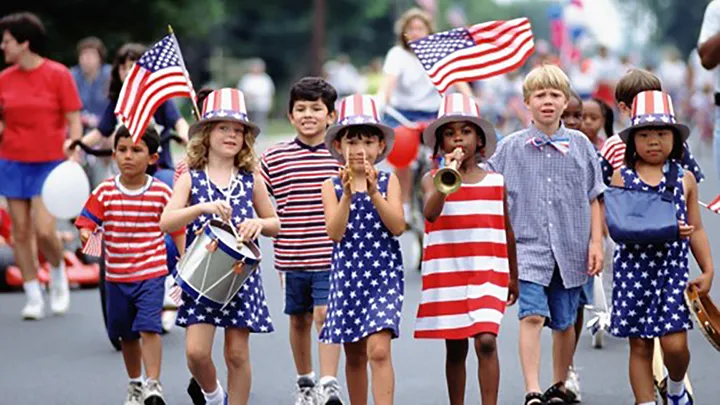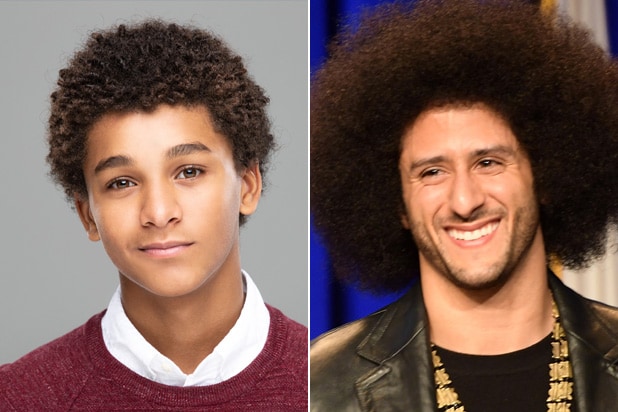
To find out, I looked at six ways to measure White attitudes on race — and how those influenced their votes.
Over the past two months, several Republican state legislatures have considered laws that would restrict how teachers could discuss race and racism, usually phrased as banning “critical race theory.” Which voters do Republicans think they are courting — or rewarding — with such bills? In a long-term trend, White voters have been dividing into two camps: More educated Whites have been leaving the Republican Party, while less educated Whites are joining it.
Why? One possible reason is anti-Black prejudice, which would also help explain the proposed teaching bans. But while some research hints in that direction, that’s complicated by the fact that there is no single objective measure of racism.
How can we measure racism?
To examine trends in non-Hispanic Whites’ racial attitudes, I examined six measures of racial attitudes from three major, well-regarded surveys of the U.S. electorate — the American National Election Studies (ANES), General Social Survey (GSS) and Cooperative Election Survey (CES) — beginning in 2008, or the earliest year data was available. All three are nationally representative probability sample surveys of American political attitudes, conducted either every two to four years; they ask consistent questions each time, which include broadly examining White citizens’ racial attitudes toward Black citizens.
Within these, I looked at several things, starting with three accepted measures of prejudice. First is the proportion of White people who “rate” White people higher than Black people on a 0-100 feeling thermometer scale. Second is the proportion of White people who explicitly say that White people have a higher work ethic than Black people. Third was the proportion of White people who say they would rather see a relative marry a White person than a Black person.
Next, I looked at what White people thought about current national government spending on assistance to Black people: too little, about right or too much.
Finally, I looked at two indirect measures of racism. First is what social scientists call “racial resentment,” designed to elicit resentful White attitudes toward Black people, re-scaled here from 0 (lowest possible resentment) to 100 percent (highest possible resentment). The second is called “denial of racism,” which assesses how much White people deny the existence of contemporary, systemic racism, similarly measured using two separate survey questions and scaled 0 (lowest possible denial) to 100 percent (highest possible denial).
None of these measures can fully capture White people’s racial attitudes. They probably underestimate White Americans’ racism, as some respondents may hide what they understand to be socially unacceptable attitudes.
Don’t expect mass Black Lives Matter protests again this summer
White Americans’ racial attitudes have changed over time
Here’s what I found. First, overall, White Americans’ stated racial biases have lessened a bit in recent years, varying by which measure we’re using. For example, the proportion of White people who would rather have a close relatives marry someone White than someone Black dropped from 43 percent in 2008 to 18 percent in 2020. But White people’s denial of racism has barely budged since 2016, declining from 40 percent in 2016 (on a 0 to 100 percent scale) to 39 percent in 2020.
Next, White Americans in both parties still profess racist attitudes. For instance, in 2020, 34 percent say that Black people are “lazier” than White people, including 20 percent of Democrats and 48 percent of Republicans.
More White Republicans and fewer White Democrats profess racially biased attitudes
In all six measures and across all the survey years, White Democrats’ answers have been more racially progressive than those of White Republicans. But on five of the six measures, the gap between White Republicans’ and Democrats’ attitudes has widened. For instance, in 2008, 21 percent of White Republicans and 9 percent of White Democrats thought that the federal government spent too much money to help Black people, a gap of about 12 percentage points. By 2020, the gap widened to 22 percentage points, with 27 percent of White Republicans and 6 percent of White Democrats agreeing.
Similarly, in 2012, White Republicans were, on average, 84 percent resentful while White Democrats were, on average, 48 percent resentful. But by 2020, the partisan gap had grown from 36 percent to 54 percent: White Republicans averaged 79 percent resentful while White Democrats’ resentment had declined much more, to an average 25 percent resentful.
One measure did drop in both parties: Since 2008, the gap between White Republicans and White Democrats who wouldn’t want a relative marrying a Black person shrunk from 11 to 5 percentage points. But overall, White Republicans’ and White Democrats’ racial attitudes have separated.
Find more TMC analysis on racial attitudes at our Race and Ethnic Politics Topic Guide
Do racial attitudes push people into different parties — or are they dividing up based on their levels of education?
Is this divide between White Republicans and White Democrats really driven by a difference between college-educated and non-college educated White people? To find out, I looked at ANES data from the past three presidential elections. I categorized White voters in four subgroups, based on whether they had a college degree and whether they say that Black people are “lazier” than White people.
I found that White people who had not gone to college and do not say Black people are “lazier” than White people were roughly as likely to vote for Democrats as Republicans in the past three presidential elections, giving Barack Obama 51 percent of the major party vote in 2012, Hillary Clinton 44 percent in 2016, and Joe Biden 49 percent in 2020. On the other hand, college-educated White people who do say Black people are “lazier” than White people were significantly less likely to support Democrats than Republicans for president, giving Obama and Clinton 34 percent each in 2012 and 2016 and giving Biden 39 percent in 2020.
In other words, racial attitudes mattered more than education — and didn’t track exactly with education.
To be sure, Republicans have increased their overall strength among non-college-educated White people, and this group is more likely than college-educated White people to say White people work harder than Black people. Nevertheless, in 2020, whether White people hold racial work-ethic stereotypes are still a better predictor of how they’ll vote than education.
In the end, no matter how they are measured, racial attitudes still matter to White Americans partisanship. And while White people say they hold fewer anti-Black positions than they did a dozen years ago, a substantial share are still susceptible to racist messages. This very likely has something to do with Republican efforts to limit teaching about race.
Scott Harris is an assistant professor of political science at the University of South Carolina Upstate.









